“IT is going to cost more to get young people working in the horse industry, that’s the reality of it,” Dr Noel Cawley said as he spoke frankly and honestly about the state of the sport horse industry during Thursday’s Equine Summit at the Keadeen Hotel.
Creating jobs, adding value, promoting exports and encouraging young people to get involved from the top down was a theme that rang loudly throughout the day.
However, students from the Equine Science course at the University of Limerick spoke up during the sport horse breakout session and questioned why the industry isn’t doing more to encourage and offer students and, eventually, skilled graduates better opportunities.
Addressing the comment, panellist of the sport horse breakout session Lucinda Creighton, former Europe Minister and now CEO of Vulcan Consulting, said Ireland is falling behind the rest of Europe in terms of training.
“By European standards, we are at the bottom of the rung in terms of internships and professional training programmes and it is definitely an issue,” she told the room of close to 200 sport horse enthusiasts.
Creighton eluded to the worrying issue of grooms’ pay and working hours in the industry, adding: “I attended a grooms’ event, organised by The Irish Field during the Dublin Horse Show, and their career path and pay scale is frightening.
“It is a low margin industry, there are not a lot of people making millions, it is difficult and involves long hours. When you start imposing rigorous rules about work time directive, and I know it’s a legal obligation, but when you start honing in on that, you are going to end up with a lot of people going out of business. What we could end up seeing is the sector contracting.
“I know that the RDS and HSI are trying to put a structure to address it. It becomes a problem for businesses down the road and it is a problem for the functioning of the industry,” Creighton added.
International show jumper Cameron Hanley weighed in on the debate, calling for the establishment of an association or training school to educate grooms and staff.
“A groom’s job is not the same anymore, it is a lot of work and in Europe they get well paid now, but to find them is so hard, and Lucinda is right, the margins are so slim,” Hanley said.
“In my place they get a car, their own apartment, but you need someone who is reliable – you are working with high-level horses.”
“I think it would be a good idea if there was a school to educate grooms. It would be a great opportunity for people and could be run alongside a job agency.”
MINISTER’S ADDRESS
Speaking at the event, the Minister for the Department of Agriculture, Food and the Marine, Michael Creed TD, said he was “acutely aware’’ of the importance of both the sport horse and racing sectors to the Irish economy and welcomed the Equine Summit as “a high level platform for both to come together to discuss how to enhance and promote the Irish horse, at home and abroad.”
The Minister acknowledged the updated UCD Report which indicated the sport horse sector contributes over €816m per year to the economy, providing 14,000 full-time jobs nationwide.
“The horse industry influences every corner of our country; it’s clearly a major contributor to our economy. I wish to confirm this Government’s continuing commitment to maximising the potential of the Irish horse industry, in all its manifestations. I believe that the [sport horse] sector is a vibrant one with potential to develop further.
“The all-important Reaching New Heights report from the Irish Sport Horse Industry Strategy Committee maps out a plan with new initiatives to instil stronger confidence and a greater degree of professionalism into the sector, and in turn increase exports, attract more participants and tourists and generally make the sector a more exciting one in which to become involved. I am fully committed to seeing the recommendations in the document progress.’’
Minister Creed’s Department commissioned the recently published Indecon Report.
“My Department will work closely with Horse Sport Ireland to facilitate the implementation of the recommendations in this report. As it enters its second decade, it is important that it (HSI) is geared up in terms of organisational structures and resources to continue its work as the future evolves.”
Minister Creed described Brexit as “a formidable challenge” for Ireland’s equine industry which relies on the Tripartite Agreement “to allow tariff-free and unfettered movement” of thousands of horses between Britain, Ireland and France.
“A dedicated team has been set up in the Department of Agriculture to prepare for the eventual exit of Britain from the EU.
“I will continue to work with and for this sector to secure a bright future for the industry despite the challenges that Brexit presents,” concluded Minister Creed.
Turn to page A66-67 for full coverage on the Equine Summit
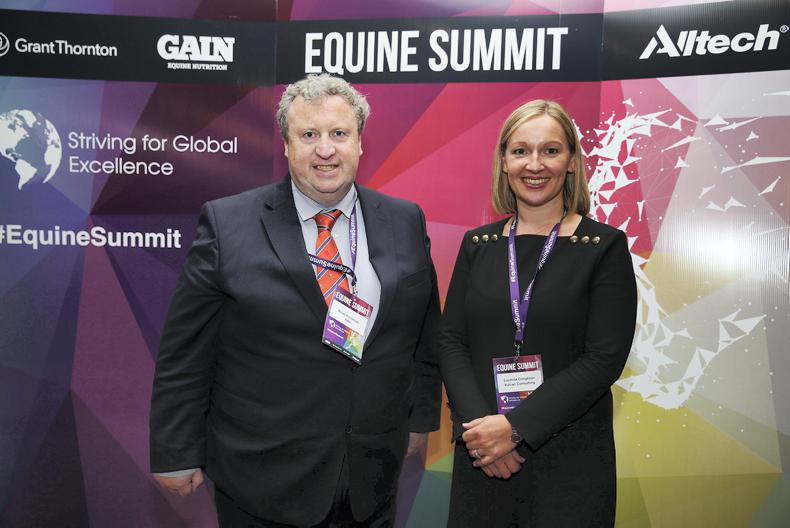

 This is a subscriber-only article
This is a subscriber-only article
 It looks like you're browsing in private mode
It looks like you're browsing in private mode





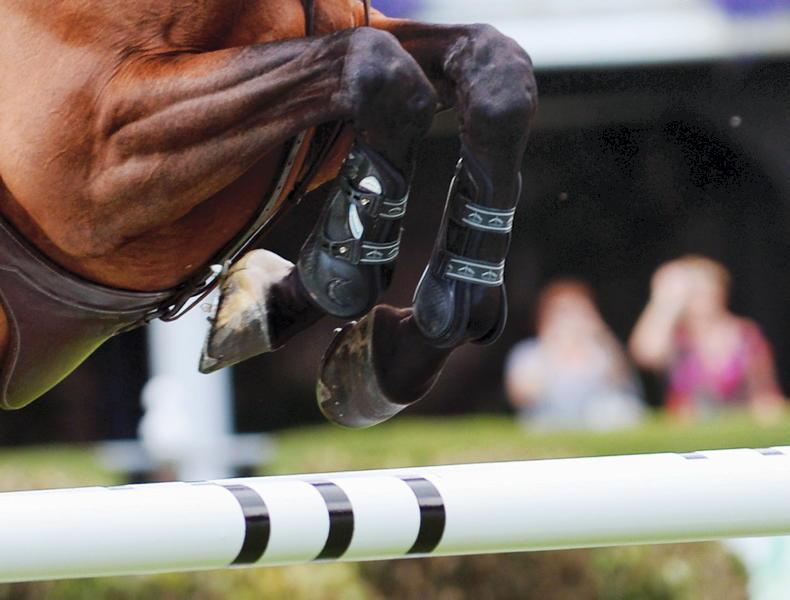
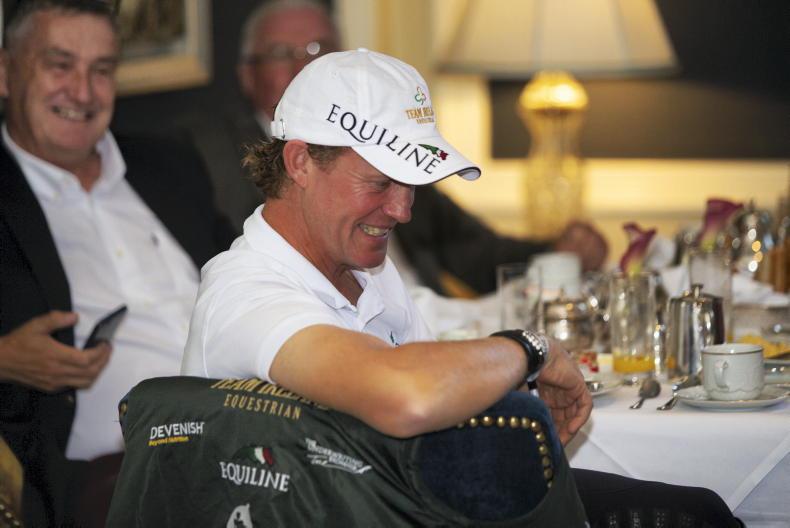
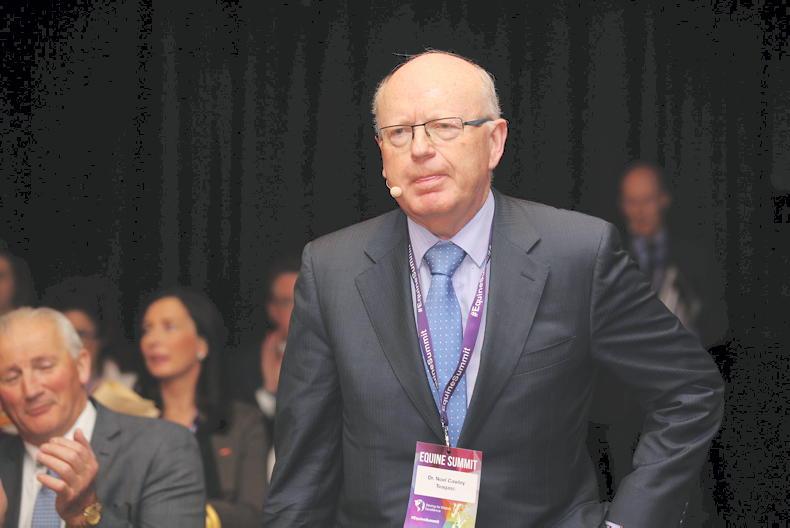
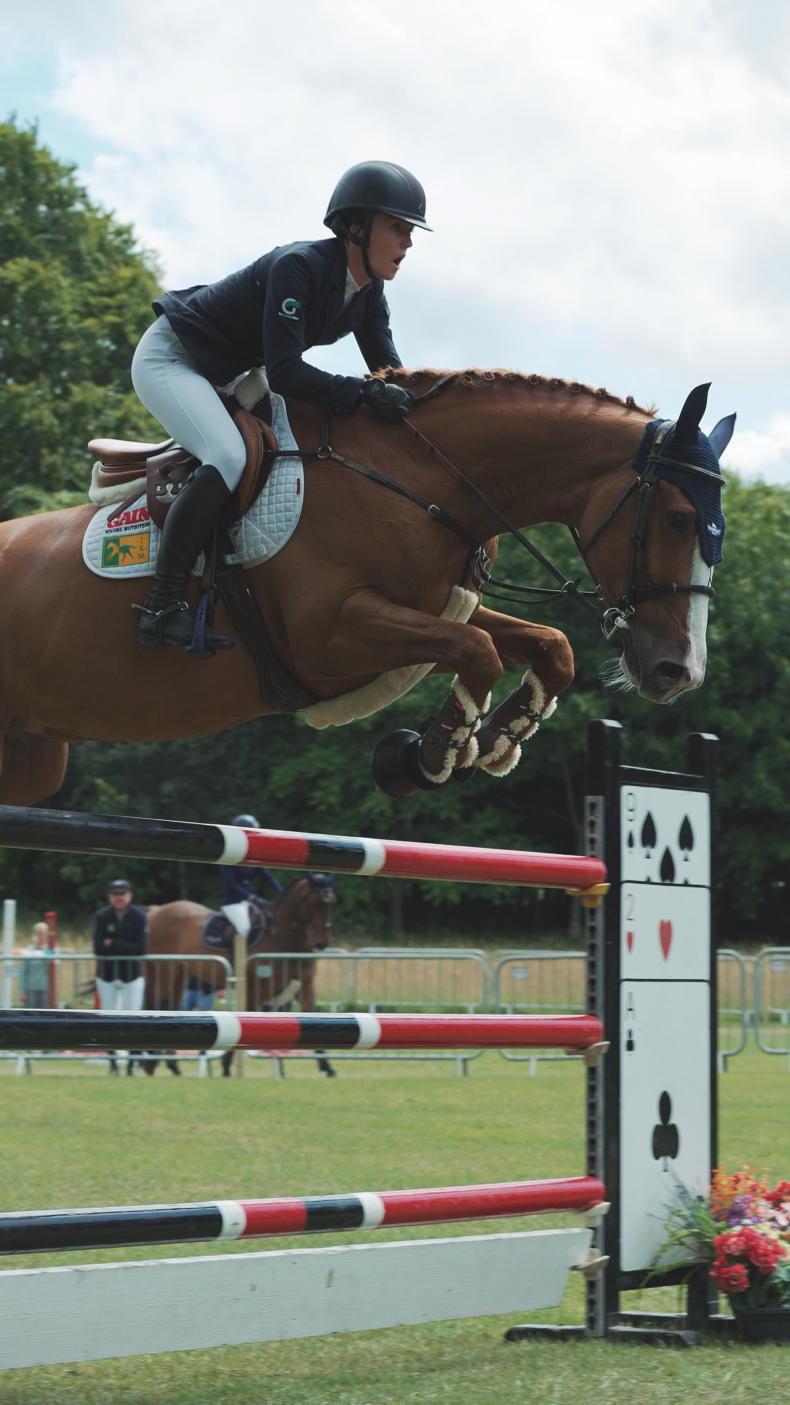
SHARING OPTIONS: